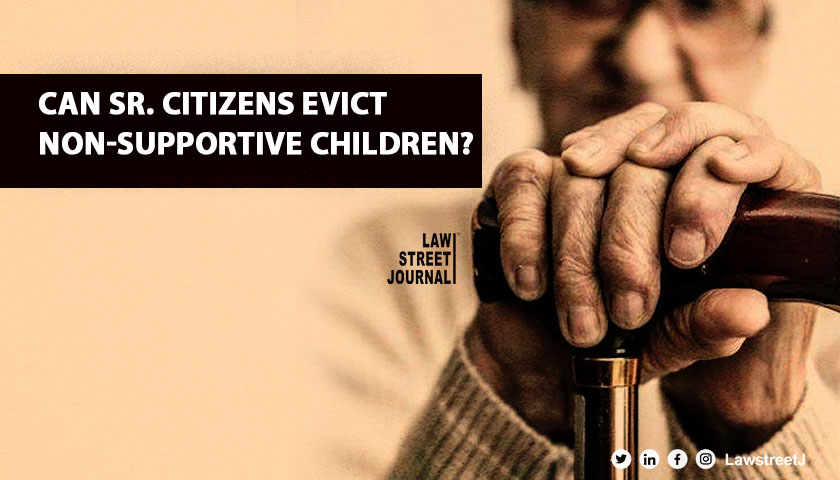Indian society traditionally holds parents in the highest regard, akin to God. However, the erosion of the old joint family system and traditional values has left many elderly individuals abandoned or living alone, often lacking essential medical, social, financial, and emotional support. To address this issue, the Maintenance and Welfare of Parents and Senior Citizens Act, 2007 was enacted, signifying a significant step towards safeguarding senior citizens' well-being. This landmark legislation was spearheaded by the Ministry of Social Justice and Empowerment under the leadership of Meira Kumar.
The need for such a specific law for senior citizens became evident due to various reasons:
Personal Laws: While some personal laws, such as Hindu and Muslim laws, obligate children, both sons and daughters, to provide financial assistance to their aged parents, others like Christians and Parsis lack such provisions.
Parents from these communities seeking maintenance have to resort to Section 125 of the Code of Criminal Procedure.
National Efforts: Prior to this act, there were limited national efforts to protect senior citizens, like the government's introduction of the national policy on older persons in 1999 and provisions under Section 125 of the Code of Criminal Procedure. However, there was no comprehensive law addressing senior citizens' rights.
The key features of the Maintenance and Welfare of Parents and Senior Citizens Act, 2007 include:
Legal Obligation: The Act imposes a legal obligation on adult children and heirs to provide a monthly allowance for their parents.
Application Process: Senior citizens can file applications for maintenance themselves under Section 5 of the Act. If a senior citizen is incapable of applying, an authorized person or organization can file on their behalf.
The Act is organized into seven chapters and 32 sections, covering various aspects of senior citizens' welfare, including maintenance, establishment of old age homes, provisions for medical care, and protection of life and property.
Despite being in effect for nearly 16 years, awareness of these rights remains low. In certain states, such as Kerala, Punjab, and Gujarat, the trend of youth migrating abroad has contributed to a perception that these regions are becoming like large old age homes. This migration is driven by factors such as better professional opportunities overseas, often due to a lack of prospects in their home states. This phenomenon can be attributed to historical, cultural, and economic factors.
To further improve the Senior Citizen Act, experts have recommended amendments, such as expanding the definition of "Children" to include daughter-in-law and son-in-law. This change would provide broader financial and mental support for the welfare of parents.





![An Act to Protect Senior Citizens [Watch Video]](/secure/uploads/2023/09/lj_7156_6aad2d63-321b-4484-b248-018e3d4f0845.jpg)

![Most unfortunate: Bombay HC rules in favour of elderly mother who was ousted from own home by son [Read Order]](/secure/uploads/2024/01/lj_7983_74a85632-1739-474a-abef-817caaeeeff9.jpg)
![Tribunals under senior citizens protection law can order eviction: SC [Read Judgment]](/secure/uploads/2025/01/lj_4624_Tribunals_Can_Evict_to_Protect_Senior_Citizens’_Rights.jpg)




